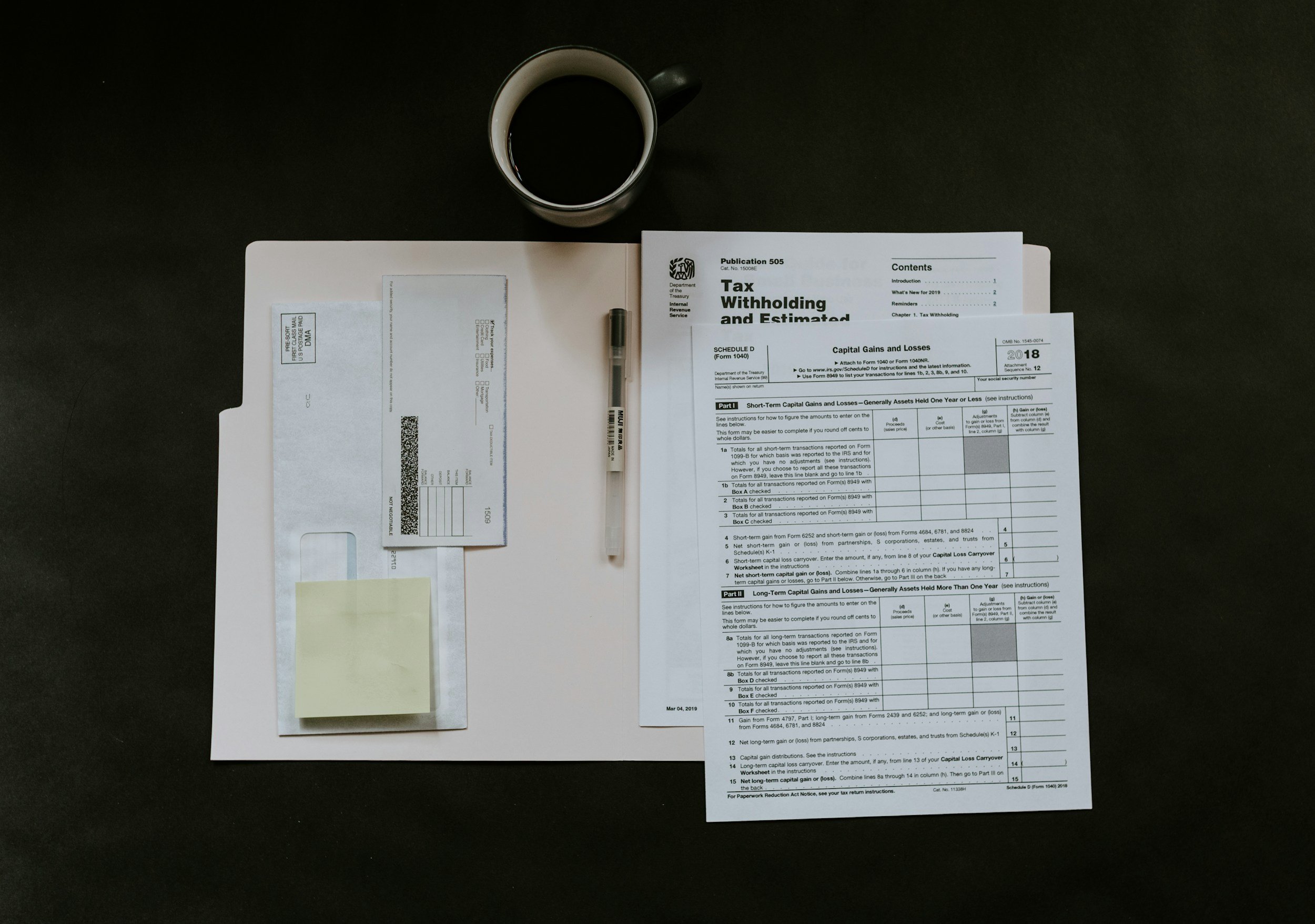1099s: Everything You Need to Know
As an online entrepreneur or small business owner, handling your finances can be a complex task. One crucial aspect of financial management is ensuring that you correctly prepare and distribute 1099 forms to your contractors. A lot of new business owners get blindsided on this one!
In this blog post, we'll delve into what 1099s are, who should receive them, the different types of 1099 forms, the deadlines you need to meet, and the tools that can help you efficiently manage this process.
What Are Contractors?
Before we dive into 1099s, let's define contractors. Contractors are individuals or entities that you hire to perform specific services or tasks for your business. Unlike employees, contractors are not on your company's payroll, and you typically don't withhold taxes from their payments. Instead, they are responsible for handling their own tax obligations.
Who Should Receive a 1099-NEC?
If you pay a contractor $600 or more for their services during the tax year, you are generally required to issue them a 1099-NEC (Non-Employee Compensation) form. This form reports the total compensation you paid to the contractor during the year. It's crucial to accurately report this income to the IRS to ensure compliance.
However, there are multiple exceptions to this, which is why I will always recommend working with a bookkeeper or tax pro to handle actually filing your 1099s.
Different Types of 1099s
While the 1099-NEC is the most common form for reporting payments to contractors, there are various other types of 1099 forms for different types of income. Here are a few:
1099-MISC: This form used to be used for reporting contractor payments, but now it's reserved for certain types of miscellaneous income, like rents, royalties, and prizes. For contractor payments, use the 1099-NEC.
1099-K: If your business processes credit card payments, the credit card processing company (like Stripe, PayPal, or other Merchant Processor) is responsible for generating this one. Meaning… if you pay your contractors via one of these methods, you will not be the one issuing the 1099s. See how complex this just became?
1099-DIV and 1099-INT: These forms are used for reporting dividend and interest income, respectively, which may not apply to most entrepreneurs.
Deadlines
It's essential to meet the IRS deadlines for filing 1099s to avoid penalties. The deadline for furnishing the 1099-NEC to contractors is January 31st of the year following the tax year in which you made payments. The deadline for filing these forms with the IRS is usually February 28th (paper filing) or March 31st (e-filing).
The penalties vary depending on how late the forms are furnished and can be quite substantial. Here's an overview of the penalties for late distribution of 1099s:
Less than 30 Days Late: If you furnish the 1099s to your contractors within 30 days of the deadline (by February 28th for paper filing or March 31st for e-filing), the penalty is $50 per form.
More than 30 Days Late but by August 1st: If you furnish the 1099s more than 30 days late but by August 1st, the penalty increases to $110 per form.
After August 1st or Not at All: If you fail to furnish the 1099s by August 1st or do not furnish them at all, the penalty jumps to $280 per form.
It's essential to note that these penalties apply per form, which means that if you have multiple contractors, the penalties can add up quickly if you're late in distributing the forms.
Additionally, if the IRS determines that your late filing was due to intentional disregard of the rules or if you fail to provide correct payee statements (e.g., incorrect or incomplete information), the penalties can be even more severe. In such cases, the penalty can be $560 per form with no maximum cap.
These penalties are meant to incentivize timely and accurate reporting, as the IRS relies on the information provided in 1099 forms to ensure that individuals and businesses report their income correctly and pay their taxes accordingly. Failing to provide accurate and timely 1099s can disrupt the IRS's ability to track income and tax compliance.
To avoid these penalties, it's crucial to maintain accurate records of payments made to contractors throughout the year so let’s talk about what you need to manage in relation to this process!
Tools to Manage 1099s
Managing 1099s can be a daunting task, especially if you have multiple contractors. Fortunately, there are tools and software solutions that can simplify the process:
**Obtain W9s from contractors before you pay them: we always recommend this be included when you engage any new service provider. Attach a blank W9 form to your independent contractor agreement and require it be filled out before you ever send payment. Then you know you’ll have the information you need in January when it’s time to issue this! And if you aren’t requiring your contractors to have a contract with you, now’s the time to start. You can browse lots of legal templates HERE.
Accounting Software: Many accounting software options, like Quickbooks, offer built in features for tracking contractor payments and generating 1099 forms.
1099 Filing Services: Various online services specialize in 1099 preparation and filing. These services can help you navigate the complex regulations and ensure accurate and timely submissions.
Tax Professionals: If you're unsure about the 1099 process, consider consulting with a tax professional or accountant who can guide you through the requirements and help you avoid costly mistakes. All of our clients have this service included in their monthly/annual fee. So you know you’re taken care of without having to think too much about the associate fees!
Understanding and preparing for 1099s is essential for entrepreneurs who work with contractors. By correctly identifying who should receive a 1099-NEC, using the right types of 1099 forms, meeting deadlines, and leveraging helpful tools, you can streamline this aspect of your business's financial management and remain compliant with IRS regulations. Taking these steps will not only keep you on the right side of the law but also contribute to the smooth operation of your business.
Have any questions? Want to chat it through?
Come see me on Instagram. I hang out in the DMs daily and would love to hear from you!
Ready for more business scaling tips & easy to understand tax tips?
Subscribe to “The Goods” our free weekly newsletter that sends every Tuesday morning.
RELATED POSTS




